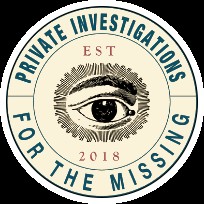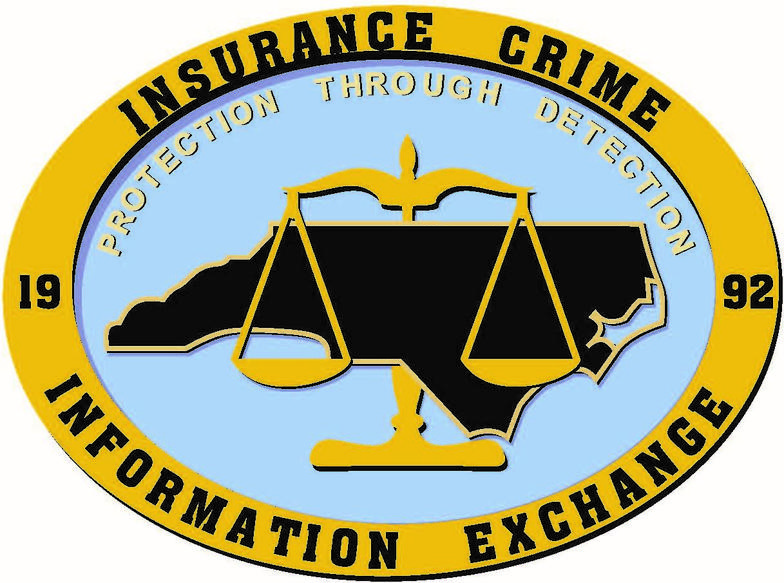Triad Investigations
" Based in the Triad
Serving all of North Carolina "
Call us at 336-712-5675
Cold Case Investigations
"Cold Case" is a term used by investigators when they have diligently investigated a case, pursued all known leads, but have been unable to identify the perpetrator or close the case. Over time, investigators will refer to the case as "going cold" because they are unable to advance the investigation toward a conclusion. When that happens, no one may be actively working the case and it becomes "Inactive" or Cold. If new leads are developed, investigators will re-activate the case and begin working on the new information.
Over the years, Scholars and Experts have reviewed thousands of Cold Cases in search of ways to improve investigative methods and prevent so many cases from going cold or unsolved. Some investigations were
re-opened years later because new witnesses were identified or existing evidence was examined with new techniques and resources such as DNA testing. Cold Case Reviews have revealed investigators inadvertently overlooked information, evidence or even potential suspects that were developed early on in the case, but were
not actively investigated for some reason. This can occur due to the hectic pace of the investigation, the enormity or complexity of the case. When that happened, it was determined investigators just never went back to follow up with those initial leads so they were overlooked and the case went cold.
Some cases have been resolved years later during reviews when it was determined critical bits of information were in the case file all along but had been overlooked. This can pertain to collected evidence that was never tested for DNA because maybe that was a resource not available at the time. Once the evidence is tested, those new results can generate fresh suspects and leads to pursue making the case "HOT" or active again. Occasionally, new information is developed from witnesses that were previously interviewed but provided little or no information at the time. Those same witnesses may have withheld information because they were afraid to get involved or they knew someone who was involved and were covering for them. After years of carrying a burden of guilt knowing they should have done more to help, they suddenly decide to do the right thing and share the information they have, but only if they are approached or re-contacted by investigators and asked.
Cold Case reviews have also revealed some witnesses were accidentally overlooked because they were not home when investigators conducted neighborhood canvases. If investigators failed to re-canvas for potentially missed witnesses, those witnesses remained lost to the case and the information they may have had is never obtained.
While it's rare, some case reviews have shown investigators developed tunnel vision, meaning they became so focused on a specific suspect, they ruled out other potential suspects or leads and may have ignored other evidence that pointed at someone else.
We'll review your case to determine it's solvability by looking at every lead, witness statement, suspect and every piece of evidence to insure all resources were used effectively. If needed, we'll re-contact witnesses and even suspects if that's what it takes to restart the case. So if you feel your case needs more investigation but it's not occurring, let us know. Our goals are to aid in solving the investigation not impede or hinder it.
Give us a call for a free consultation to see how we can help your investigation. Call us at 336-712-5675.






